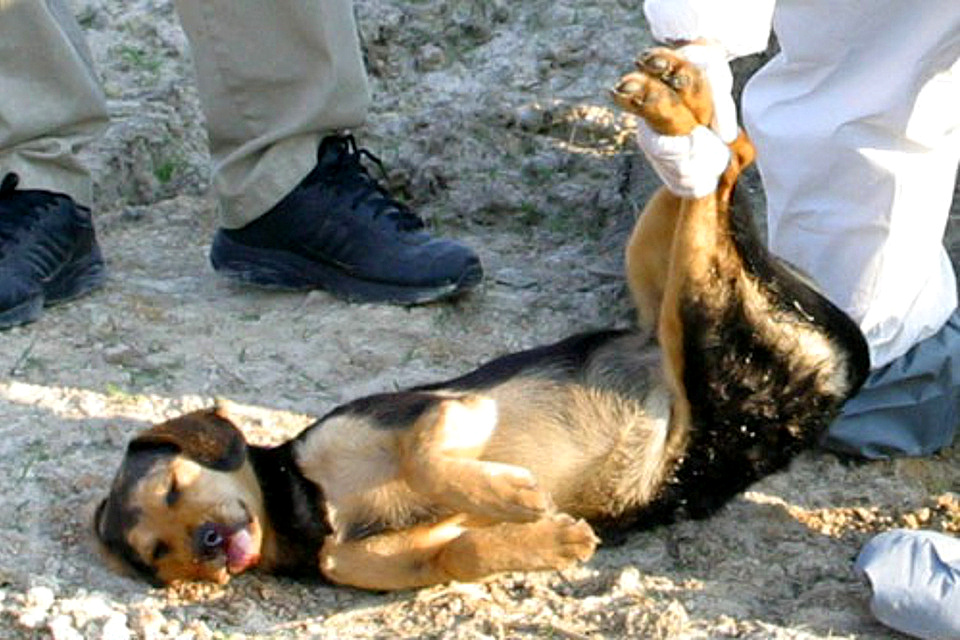Exclusively for zoos.media – 25.05.2020. Author: Philipp J. Kroiß
It sounds unbelievable, but PETA has bought shares of slaughterhouses. The article explains the background of this campaign and its consequences.
PETA Makes Money with Slaughterhouses
Is PETA still vegan?, you could ask pointedly. Weeks ago we reported about PETA’s shopping tours at the stock market, but they have continued.
https://relaunch.zoos.media/medien-echo/peta-corona-aktien-kaufen-tiere-helfen/
PETA is now shareholder of slaughterhouses, amongst other things. As justification the organisation brings up, that this way it can exert influence on the companies, but it has never been independently confirmed that this strategy can actually work.
Coronavirus & meat

Especially during the course of the coronavirus pandemic, PETA often claimed that a vegetarian diet would not have triggered something like this – which is not exactly true. Although plant viruses are usually not dangerous for humans, there are sub-cellular pathogens that cause similar diseases, known as viroids or virusoids. Fungi can also be dangerous for humans. Aspergillus fumigatus, which is found practically everywhere and which can infest seeds, is a typical example. The aspergillosis it provokes is often deadly to people with a weak immune system.
This invasive aspergillosis affects mostly “only” risk groups, but then it has a lethality rate of 50-95%. Animals are also affected by aspergillosis – it is particularly common in birds and dogs. So the same applies to meat as to plants: Hygiene is key. Anyone who doesn’t work hygienically can quickly propagate serious diseases. This occurred with EHEC: The remarkably severe EHEC diseases in the year 2011 were caused by sprouts. Which is why the German Federal Institute for Risk Assessment (BfR) issued a general warning on the 6th of June 2011. On the 30th of June 2011 it announced that fenugreek seeds from Egypt were most likely the cause of the EHEC outbreak.
Making money with populism

PETA acts a though it could save the world with it: but these examples show that their alleged reason for stock purchases is not tenable. A plant based diet doesn’t help if you disregard hygiene. Likewise, meat is not per se harmful, as long as you consume it in moderation. This shows just how deceitful this reason ultimately is. In fact, investing into the meat industry in the US is financially very lucrative in the long-term. Only in February did it become known that the USA have again broken records. Stocks are currently quite cheap, but large growth is expected in the sector: and it seems PETA wants a share of the cake.
But if PETA starts making money with slaughtering, how vegan will the organisation remain? They would financially profit from animals being slaughtered – something unheard of within the animal rights ideology. Gullible animal lovers, who don’t question PETA’s explanation, might fall for this construct. However, it is doubtful whether such stock-shopping under dubious pretexts will be accepted by those who donate, under the misleading belief that a donation to PETA will help animals.
